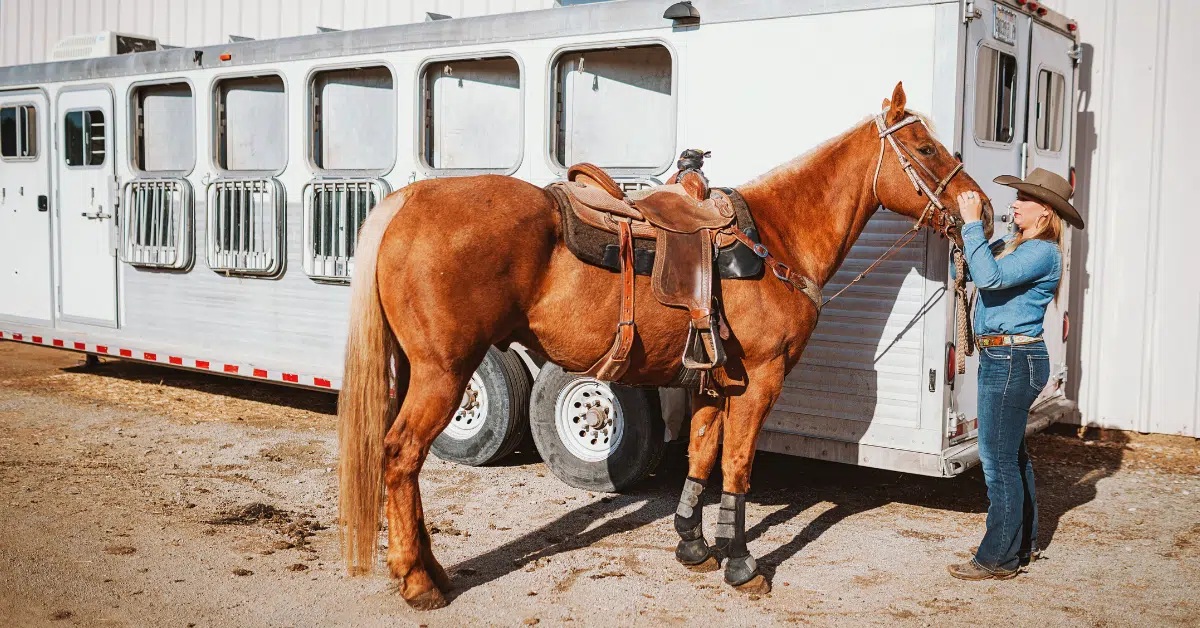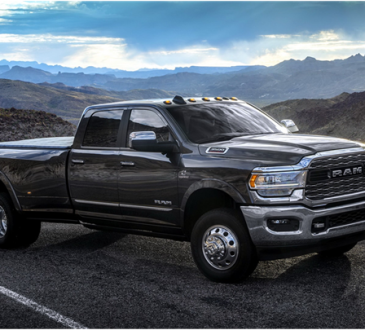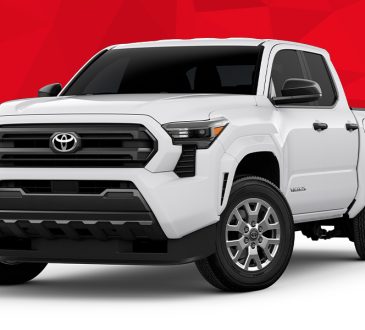
Owning a horse is a rewarding experience, but transporting your equine companion requires careful consideration and a reliable horse trailer. With countless options, finding the best horse trailers for your needs can feel overwhelming. This comprehensive guide will help you.
Before diving into specific types and features, let’s establish the essential factors to consider when making your selection:
- Size and Weight Capacity: The trailer’s size should comfortably accommodate the height and weight of your horses and the number of horses you intend to transport simultaneously. Measure your horse’s height from the ground to the top of its head in a natural position. Also, consider its weight and body length. A trailer that is too small can cause stress and discomfort for your horse.
- Trailer Type: From bumper pull to gooseneck trailers; each type offers unique advantages and limitations. Your choice will depend on your vehicle’s towing capacity, personal preference, and budget. Research the pros and cons of each type to determine the best fit for your hauling needs.
- Material and Construction: Durability is essential when it comes to horse trailers. Steel and aluminum are good options, each with pros and cons regarding weight, rust resistance, and cost. Steel trailers are generally more durable and affordable but heavier. Aluminum trailers offer a lighter-weight option, often with better fuel efficiency, but they can be more expensive.
- Ventilation and Temperature Control: Proper ventilation is crucial for your horse’s well-being, especially during long journeys. Look for trailers with adequate windows, roof vents, and insulation options for temperature regulation. Horses can overheat quickly, so good ventilation is essential. Consider trailers with roof vents, windows with screens, and adjustable air vents to ensure optimal airflow.
- Safety Features: Your horse’s safety should be your top priority. Essential features include sturdy construction, reliable brakes, emergency exits, and non-slip flooring. Look for trailers with panic snaps on the lead ties, breakaway brakes, and well-placed interior lighting to enhance safety during unexpected situations.
Types of Horse Trailers
Understanding the different types of horse trailers available will help you narrow down your options:
- Bumper Pull Trailers: These trailers attach to your vehicle’s bumper hitch and are suitable for hauling one or two horses. They are generally more affordable and more maneuverable than larger trailers. However, they have a lower towing capacity than gooseneck trailers. Consider the weight of your horse(s) and the trailer to ensure your vehicle can handle the load safely.
- Gooseneck Trailers: Gooseneck trailers connect to a hitch in your truck bed, providing excellent stability and towing capacity. They are ideal for hauling multiple horses or those requiring more spacious accommodations. The gooseneck design allows for smoother towing and better weight distribution, particularly for longer trailers.
- Slant Load Trailers: Slant load trailers feature angled stalls, maximizing space utilization. This design allows more horses to be transported within a given trailer length.
- Stock Trailers: While not specifically designed for horses, stock trailers can be modified for equine transport. They are typically more affordable but may lack the specialized features of dedicated horse trailers. If you opt for a stock trailer, ensure it has adequate ventilation, headroom, and safety features for your horse.
- Living Quarters Trailers: Living quarters trailers offer comfortable accommodations for horses and humans for extended trips or competitions. These trailers include sleeping areas, kitchenettes, and bathrooms, providing a home away from home. Living quarters trailers vary widely in size and amenities, so consider your specific needs and budget when exploring this option.
Essential Features for the Best Horse Trailers
Beyond the basic trailer types, several key features can enhance your horse’s comfort and safety during transport:
· Adequate Ventilation: Look for trailers with multiple windows and roof vents to ensure proper airflow. Proper ventilation prevents heat buildup and reduces the risk of respiratory problems for your horse.
· Durable Flooring: Non-slip rubber mats provide cushioning and prevent your horse from slipping during transit. Ensure the flooring is easy to clean and maintain to promote hygiene inside the trailer.
· Sturdy Construction: Choose trailers built with high-quality materials like steel or aluminum and ensure welds are solid and rust-free. A well-constructed trailer will withstand the rigors of the road and provide long-lasting durability.
· Reliable Brakes: A reliable braking system is crucial for safe towing, especially when hauling heavy loads. Electric brakes are generally considered safer and more efficient than surge brakes, especially for heavier trailers.
· Emergency Exits: Trailers should have easily accessible emergency exits in case of an accident or unforeseen circumstances. Ensure the emergency exits are easy to open inside and outside the trailer.
Maintaining Your Horse Trailer
Investing in the best horse trailers is just the first step. Here are some maintenance tips for ensuring the longevity and safety of your equine companion:
- Regular Cleaning: Clean your trailer regularly to prevent dirt, manure, and debris buildup. Periodically cleaning the trailer’s interior and exterior maintains its appearance and prevents the spread of diseases to your horse.
- Inspect Tires and Brakes: Check tire pressure and inspect brakes before each trip to ensure they are in good working order.
- Lubricate Moving Parts: Consistently lubricate hinges, latches, and other moving parts for rust prevention. Lubrication minimizes friction, prevents wear, and extends the lifespan of these components.
- Check for Damage: After each trip, inspect your trailer for any signs of damage, such as scratches or loose parts. Address any damage promptly to prevent further issues and ensure the trailer remains safe.
Making the Right Choice
Choosing the right horse trailer is an investment in your horse’s safety and peace of mind. Remember to factor in your budget, the number of horses you’ll be hauling, and your towing vehicle’s capacity. Don’t hesitate to consult with reputable horse trailer dealers and experienced equestrians to gather valuable insights and make the right choices.




